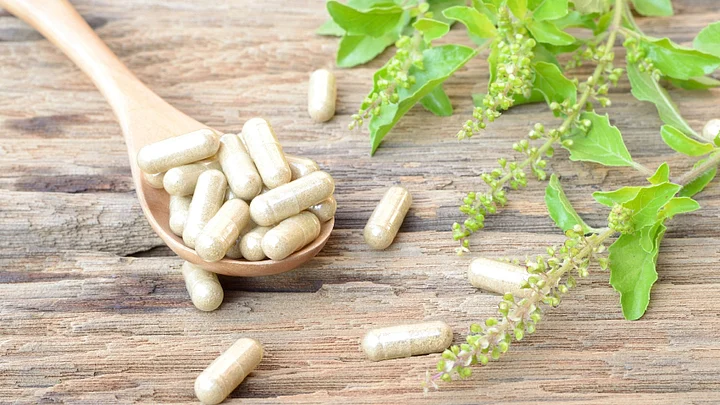The Lucknow-based Council of Scientific and Industrial Research (CSIR) laboratories has accomplished a remarkable feat. Scientists at this premier institute allayed the medicine war once-and-for-all, debunked labels like ‘alternate’ and ‘modern’ in medicine, and made a cheap, new and effective Ayurveda drug made from four plant extracts to treat diabetes.
That’s not all, scientists referred to ancient Ayurveda scriptures to study the natural plant extracts and come up with this drug for patients suffering from type-2 diabetes.
The drug, branded as BGR-34, is a twice-a-day treatment for type-2 and will cost Rs 5 per pill. It will hit the shelves in a fortnight in most cities of North India.
Will Doctors Promote Alternative Medicine?
AYUSH, the Union Health Ministry’s arm which deals with traditional Indian medicine has approved the drug after a successful human trial on over one thousand patients across five states, Delhi, Himachal Pradesh, Haryana, Punjab and Karnataka. The clinical drug trials panned over 18 months and around 67% patients showed normal blood sugar levels within 3 to 4 days of drug usage.
This medicine has to be taken as an add-on or adjuvant to existing diabetes treatment. In trials, the drug showed no side-effects and maintained normal blood glucose levels by releasing free radicals and improving the immune system of the patient.
BGR-34 isn’t the first herbal drug to treat diabetes but it is the first scientifically approved and clinically tested drug.
But endocrinologists are doubtful.
There is no data on the long-term side-effects of these medicines. Herbal medicines have heavy metals in them. It hasn’t been peer reviewed, we have no idea how it acts on the human body, what its contents are and what is it doing to the pancreas.Dr Yajnik, Endocrinologist
India is the diabetes capital of the world. Allopathic diabetes medicines cost over an average of Rs 80 a day.
The 65 million diabetics in India aren’t necessarily too skeptical or gullible about the demarcation in medicine. As long as a medicine works, will we worry that it hasn’t been cooked in a lab?
In the August editorial of medical journal JAMA, its editors wrote: “There is no alternative medicine. There is only scientifically proven, evidence-based medicine or unproven medicine, for which the data is yet to be established”.
And after this CSIR feat, I would say, there is no conventional medicine.
(At The Quint, we question everything. Play an active role in shaping our journalism by becoming a member today.)
